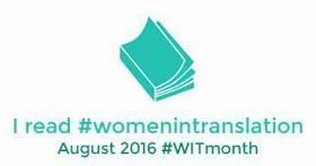
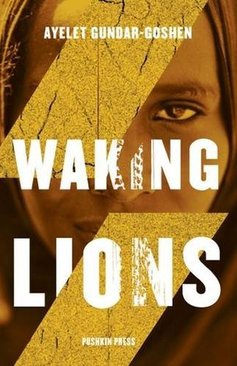
After a disastrous disagreement with his mentor, Eitan Green, a promising neurosurgeon, has relocated with his wife and two young sons from Tel Aviv to the culturally and geologically dusty city of Beersheba. One night, instead of going home after an exhausting shift at the hospital, he takes his SUV for a drive in the desert. He’s admiring the moon in a remote area when he knocks someone down. Seeing that the man, a migrant from Eritrea, although not yet dead, is beyond help, Eitan drives off.
He is still battling his guilt when, the following day, the victim’s widow comes knocking at his door. There’s a price for Sirkit’s silence, to be paid not in money, but in sleepless nights running a makeshift hospital for illegal immigrants, which will risk his health, his marriage, his official job and, eventually, his life. Meanwhile, his wife, Liat, the police inspector tasked with investigating the hit-and-run case, finds him increasingly alienated from her and the family.
Waking Lions is an engaging novel about the lengths to which we go to evade our responsibilities towards our fellow human beings. We all have the capacity to stand by while others suffer, to blame the victims for failing to fight back (as, disturbingly Eitan and his schoolmates seemed to do on a trip to Auschwitz). While we might all hope that, unlike Eitan, we would never flee the scene of an accident, we’re still complicit in the deaths of the poor and desperate (p92):
each one of them could save the life of a starving African if they contributed only a fraction of their monthly earnings … Food for babies, purified water. Nevertheless, the money remained in the bank. That was where it belonged, and the moral discussion remained around the living-room coffee table, where it belonged … Everyone hits and runs. But he’d been seen. He’d been caught.
The characters are finely drawn, with vivid back stories and intriguing foibles. Sirkit is a particularly complex character, hardened by a harsh life, and the interplay of hate and attraction between her and Eitan is skilfully realised. Although I felt the author lingered a little too long in their thoughts, and drew our attention a little too strongly to the inaccuracies of their assumptions about each other (with lots of bracketed authorial asides which I didn’t particularly relish), and I had mixed feelings about the segue into the thriller genre with the climax around drug trafficking, I found this a cleverly-plotted novel with a strong moral and highly contemporary sociopolitical theme. Translated by Sondra Silverston, Waking Lions is the author’s second novel and published by Pushkin press who provided my review copy.
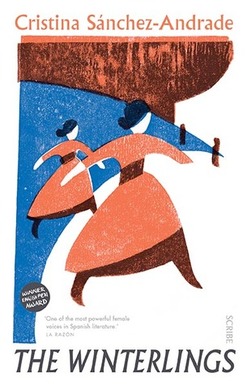
I wish I could say I’d enjoyed this more, but I found the prose flat and the story elusive. If, as I assume, it was meant as a comedy, I must confess I never once laughed. While I was reminded of The Looking Glass Sisters, for the love and hate between the sisters, The Museum of Things Left Behind for small-town culture, and The Story of My Teeth, for the teeth, I couldn’t find in The Winterlings any of the pleasure I’d found in those. I hadn’t known about the Basque children evacuated to England during the Civil War, as Saladina and Dolores were, but the novel makes only a passing mention of this.
The Winterlings is translated from the Spanish by Samuel Rutter. Thanks to Scribe for my review copy. Fortunately I enjoyed another novel they published in the same week, The Summer That Melted Everything, much more.
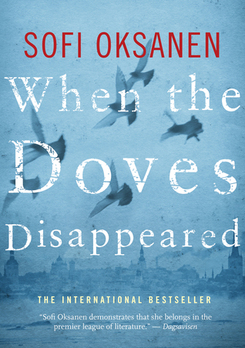
(Click on the image to read the full review of this Finnish translation from Atlantic books.)
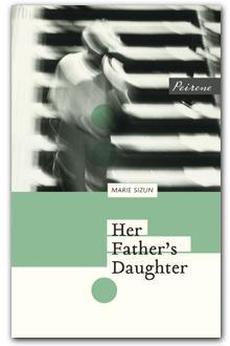
(Click on the image to read the full review of this French novel from Peirine Press.)





















 RSS Feed
RSS Feed





















